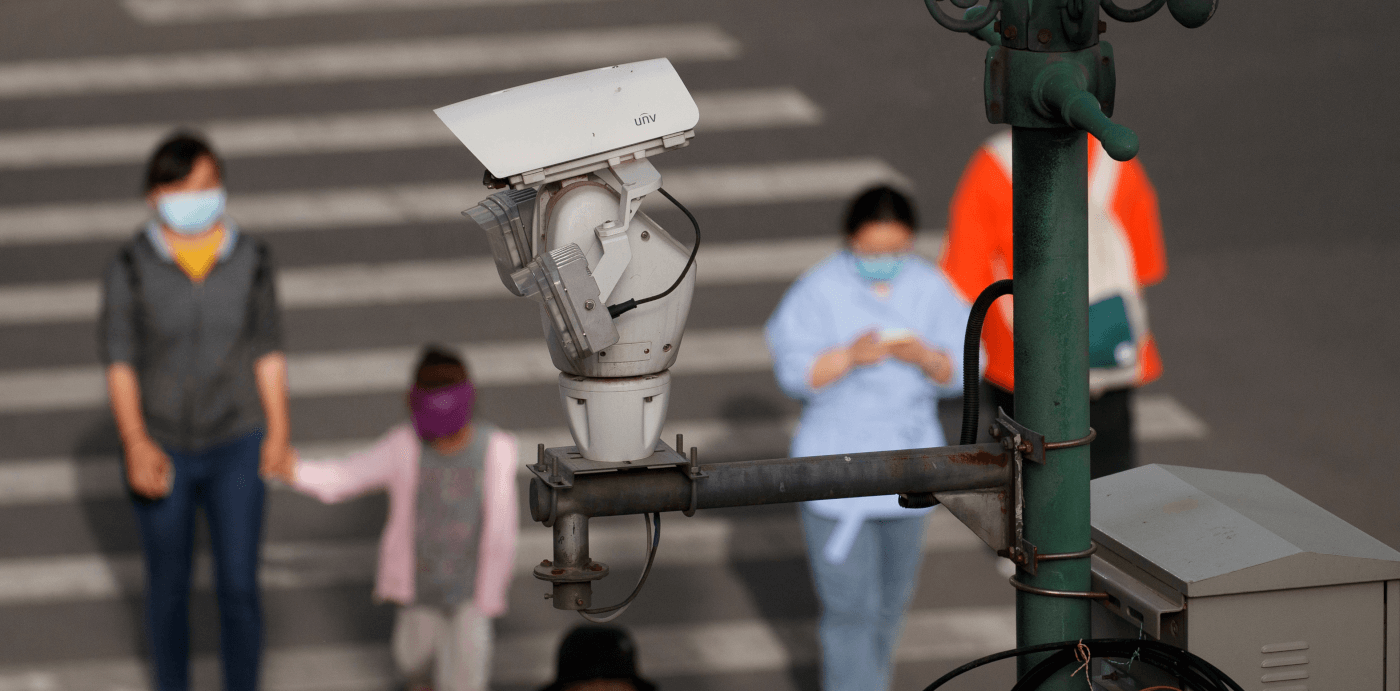A group of more than 170 organisations have signed an open letter, calling for an outright ban on the use of facial recognition and remote biometric recognition technologies globally.
The letter, headed by the likes of Access Now, Amnesty International, Human Rights Watch and Internet Freedom Foundation, seeks to move from a moratorium to total prohibition of technology that facilitates surveillance which:
“disproportionately impacts the human rights and civil liberties of religious, ethnic, and racial minorities, political dissidents, and other marginalized groups.”
The incompatibility of such technology with the rights to freedom of expression and association, to privacy, equality and non-discrimination are highlighted in the letter, with the criminalisation of protest seen as one of the most troubling potential ramifications.
“No technical or legal safeguards could ever fully eliminate the threat they pose, and we therefore believe they should never be used in public or publicly accessible spaces, either by governments or the private sector. The potential for abuse is too great, and the consequences too severe.”
The letter dictates that the use of biometric surveillance against marginalised ethnic and religious minorities in China, Thailand and Italy has contravened their rights to privacy and equality.
Perhaps the most infamous application of facial recognition software in this fashion is the one imposed on China’s Uyghur population. Several Chinese technology companies have been found to have tested repressive ethnic minority recognition features and so-called “Uyghur alarms”, with some promoting Uyghur detecting AI cameras. In recent weeks, it has also been revealed that AI and facial recognition, intended to reveal states of emotion, have been used by police in some areas of Xinjiang. China is now estimated to have 626 million surveillance cameras across the country, a substantial increase from the 176 million in operation in 2017.
The letter also states that a dozen countries – China, the United States, Russia, England, Uganda, Kenya, Slovenia, Myanmar, the United Arab Emirates, Israel, and India – have harmed the rights to privacy and association through their surveillance of protesters and civilians.
Facial recognition cameras have played a significant role in the suppression of protests in Myanmar, allowing the junta to intensify its abusive crackdown and ensure that rights, fundamental to the capacity of anti-coup demonstrators to operate, are restricted.
The letter highlights the wrongful arrest of individuals in the United States, Argentina, and Brazil as a result of erroneous facial identification, with their rights to privacy, due process and freedom of movement judged to have been violated.
“Facial recognition and remote biometric recognition technologies have significant technical flaws in their current forms, including, for example, facial recognition systems that reflect racial bias and are less accurate for people with darker skin tones.”
The use of facial recognition technology by New York City is one such example, often coming under scrutiny due to its amplification of discriminatory police practices; cameras frequently display racial bias and often return matches which are “disproportionately of people of colour”.
The letter concludes by urging legislators, international organisations, judiciaries, administrative agencies, financial institutions and private entities to ensure that the necessary measures and precautions are in place to ban the use of biometric surveillance in publicly accessible spaces. The continued introduction of invasive, Orwellian surveillance systems must be stopped and the aforementioned groups have a moral and legal obligation to protect fundamental human rights.
To read or sign the letter please click here.

